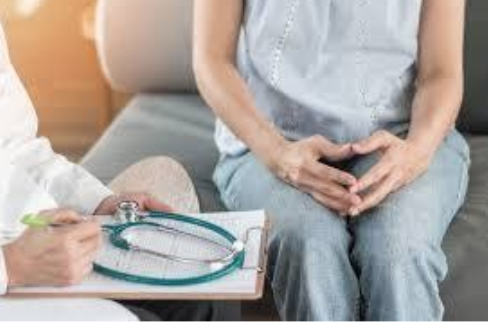Are You Battling a Substance Use Disorder?
Dec 01, 2020 10:37
If you're used to casually drinking or taking prescriptions drugs, you can cross the line from acceptable usage to problematic without realizing that you've developed a substance use disorder. The Diagnostic and Statistical Manual of Mental Disorders Revision 5 defines a substance abuse disorder as a dysfunctional pattern of using alcohol, drugs, and other substances in ways that upset daily living or lead to "noticeable destress."

Signs of Substance Abuse
How can you tell that you've crossed that line? Your friends, family members, or coworkers may have reached out to you, offering support and hoping to convince you to seek treatment. Maybe you've recognized some problematic behaviors in yourself. If you believe you might have a substance abuse disorder, ask yourself the following questions:
• Do I drink more than I plan to?
• Have I unsuccessfully tried to stop?
• Do I spend a lot of time using drugs or alcohol? Do I spend a lot of time trying to get them?
• Do I use alcohol or drugs to get out of doing things I find stressful?
• Do I crave drugs or alcohol?
• Have I experienced health problems because of substance abuse? Have existing health conditions worsened? Am I still using the substance?
• Are my relationships being negatively affected by my substance use? Do I continue to use alcohol or drugs in spite of this?
• Have I started operating heavy machinery or driving while using? Do I engage in situations that are made more dangerous because of substance abuse?
• Have I cut down on activities that don't involve the use of drugs or alcohol?
• Do I need to consume more of a substance to get the same results?
• If I stop using substances, do I experience withdrawal symptoms?
You don't need to answer all of these questions positively to be diagnosed with a substance use disorder. If you've shown any two of these behaviors consistently over 12 months, you should seek treatment.
Anyone Could Become Addicted
It's important to understand that anyone could become addicted to alcohol or drugs when faced with similar circumstances. It isn't helpful to avoid recognizing the need for help or trying to keep substance use secret. Instead, it's best for you to take action as soon as you recognize the signs of problematic behavior. In fact, if you notice that you're developing habits you don't like, you can get professional help before those patterns of behavior become an addiction.
Treatment Encompasses Many Aspects of Life
When you work with a mental health counselor at a rehab facility, Denver detox center, mental health agency, or a hospital, the professional will ask about many aspects of your life before making an accurate diagnosis. There are many physical, social, psychological, and behavioral factors that influence substance abuse disorders. Without accurately identifying the factors that led to the use of drugs or alcohol, it is extremely difficult to fully recover.
The use of drugs and alcohol will affect your behaviors, your emotions, and your physical health. The earlier you recognize the need for help, the better you will respond to treatment. Don't wait for depression and anxiety to settle in. Don't wait until your loved ones encourage you to seek treatment. Take the first step today to recover from a substance use disorder.







































































